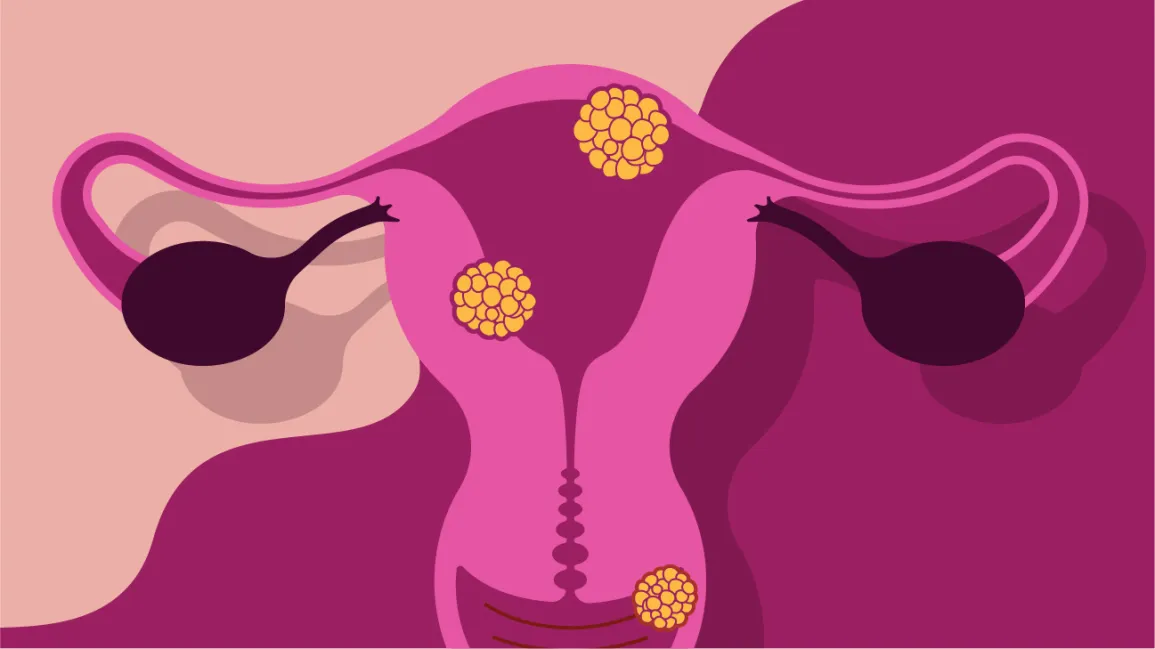Bacterial vaginosis (BV) is a common yet often overlooked vaginal infection that can cause a range of unpleasant symptoms and has the potential to increase the risk of other health complications.
While the exact cause of BV is unknown, it is believed to be a result of an imbalance of bacteria in the vagina.
Women typically experience an increase in vaginal discharge, a fish-like odor, and burning sensations when urinating. If left untreated, BV can increase the risk of pelvic inflammatory disease, sexually transmitted infections, and other health conditions.
Fortunately, BV is both treatable and preventable. In this blog post, we will discuss the symptoms, causes, and treatments for bacterial vaginosis, as well as ways to reduce the risk of developing this infection. With the right knowledge and care, women can learn to manage their BV and live comfortably.
Definition of bacterial vaginosis (BV):
Bacterial vaginosis (BV) is a common type of vaginal infection caused by an imbalance of bacteria in the vagina. It is characterized by an increase in the number of certain types of bacteria and a decrease in the number of “good” bacteria.
BV can cause a variety of unpleasant symptoms, such as a fishy odor, itching, and burning. Left untreated, BV can increase a woman’s risk of developing other infections. Fortunately, BV is treatable and can be managed with proper medical care.
Symptoms of BV:
Common symptoms of bacterial vaginosis include a thin, gray or white vaginal discharge, a fishy odor, and vaginal itching or burning.
Discharge is most often described as having a “fishy” odor, and it may be worse after sexual intercourse. Other symptoms may include irritation, redness, and swelling of the vulva or vagina. Bacterial vaginosis is sometimes associated with pain and itching in the lower abdomen.
Causes of BV:
Bacterial vaginosis (BV) is a common and treatable vaginal infection that is caused by an imbalance of the natural vaginal bacteria. The best probiotics for vaginal health include Lactobacillus crispatus, Lactobacillus jensenii and Lactobacillus gasseri.
The exact cause of BV is unclear, but some of the most common contributing factors include sexual activity with multiple partners, douching, and use of fragranced soaps, bubble baths, and other vaginal products.
BV is more common in women who are sexually active and in those who have multiple sexual partners. Additionally, BV is associated with a disruption of the normal vaginal pH balance and the presence of certain bacteria.
Diagnosis of BV:
Bacterial vaginosis can be diagnosed with a physical exam and lab tests. During a physical exam, the doctor will ask questions about symptoms and perform a pelvic exam to look for signs of infection.
Lab tests may include a wet mount microscopy, a Gram stain test, or a DNA probe test. The wet mount microscopy involves looking for signs of bacterial overgrowth and other infectious organisms under a microscope.
The Gram stain test looks for the type of bacteria that are present in the vagina. Lastly, the DNA probe test identifies the bacteria that cause BV. Treatment for BV is typically an antibiotic that is taken orally or vaginally.
Treatment of BV:
Treatment for bacterial vaginosis is typically simple and effective, and can involve either oral antibiotics or topical medications. Although there are no direct cures, the symptoms of BV can be treated and managed with antibiotics.
Oral antibiotics, such as metronidazole or clindamycin, are usually prescribed as a single dose, while topical antibiotics may be applied directly to the affected area. In some cases, a combination of both treatments may be used.
To reduce the risk of recurrence, it is important to follow the instructions provided by your doctor. Additionally, it is important to practice good hygiene and refrain from douching.
